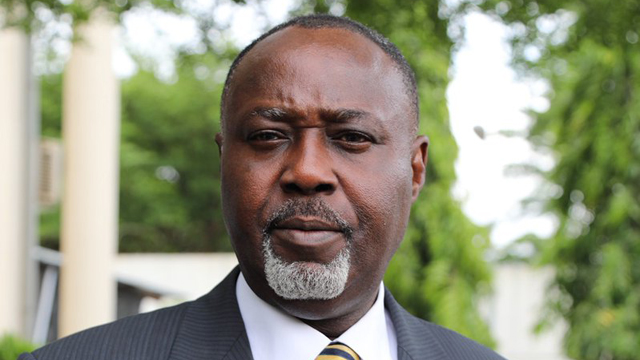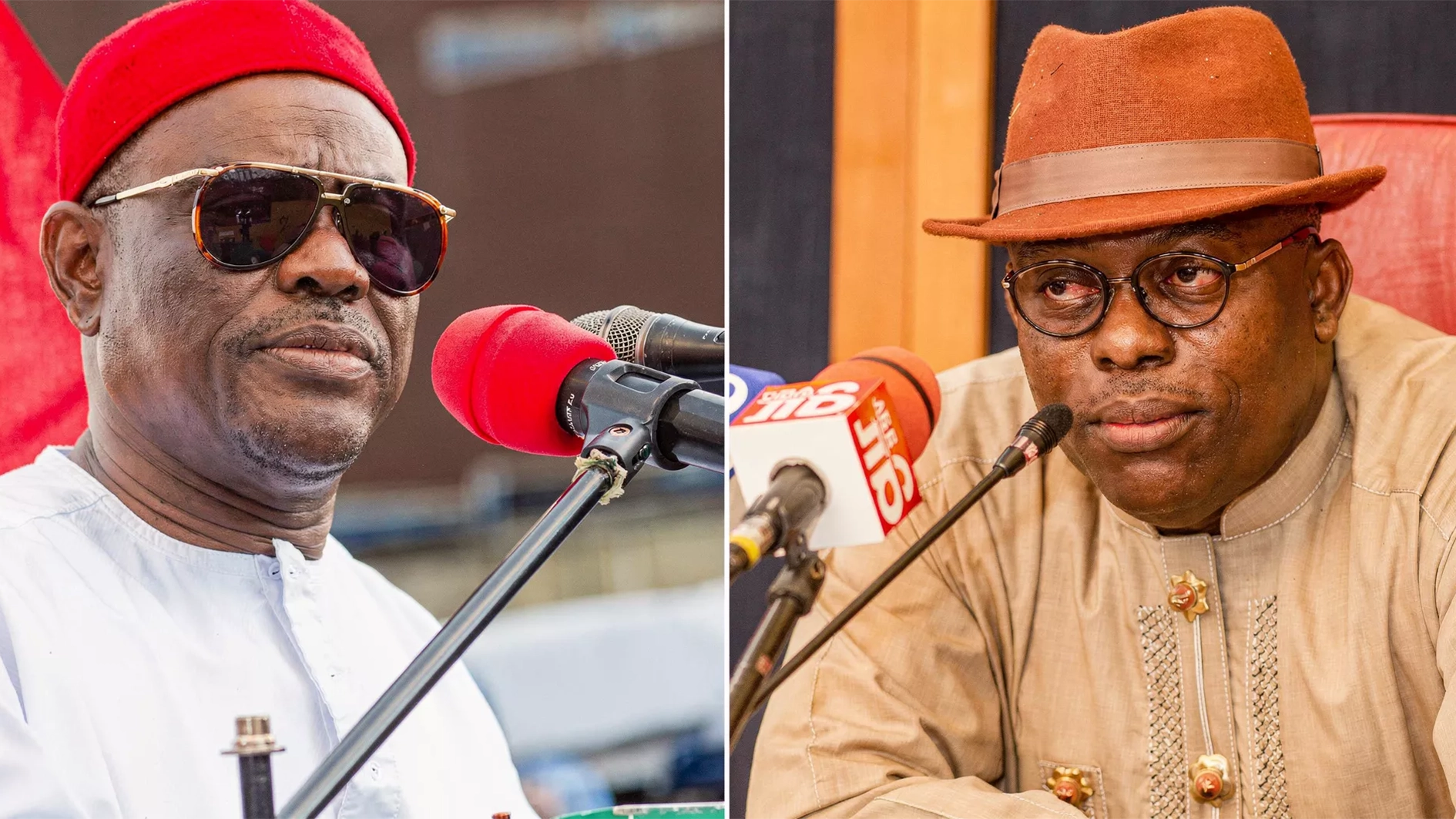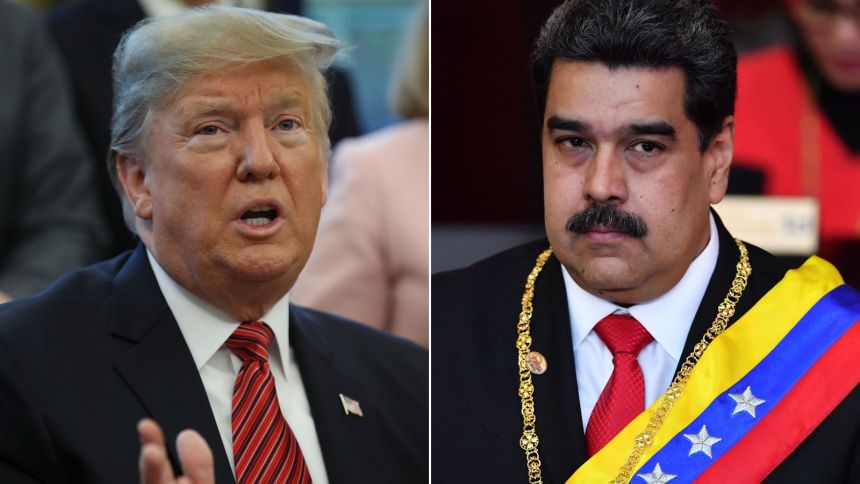Campaign style defies APC control, but weakens party-building, says Amadi
Former presidential candidate of the Labour Party (LP), Peter Obi, says Nigeria’s exclusion from the list of Africa’s fastest-growing economies should serve as a wake-up call for the country’s leaders.
On October 17, the International Monetary Fund (IMF) excluded Nigeria from the list of Africa’s fastest-growing economies. Meanwhile, the Director of the Abuja School of Social and Political Thoughts, Sam Amadi, said the All Progressives Congress (APC) is struggling to contain Obi’s growing political influence because he operates outside the traditional structure of Nigerian politics.
The IMF listed Benin Republic, Côte d’Ivoire, Ethiopia, Rwanda and Uganda as the fastest-growing economies on the continent in its Regional Economic Outlook report for sub-Saharan Africa, launched in Washington DC.
The report added that the region has demonstrated remarkable resilience to “a series of major shocks over the past several years”. In a statement yesterday, Obi said the countries ranked by the IMF were not wealthier than Nigeria in terms of natural resources, but had surpassed it through discipline, effective leadership, and consistent investment in their people. He said the countries prioritised education, healthcare and poverty reduction while maintaining fiscal prudence and stability.
“Our economy continues to suffer from poor policy choices, corruption and waste,” Obi wrote on X. “We must return to the basics – production over consumption, human capital over patronage, and governance over politics.”
The former Anambra governor said Nigeria possesses all it takes to not only join the ranks of Africa’s fastest-growing economies, but to lead them.
IN an interview recently, Amadi described Obi’s political style as “minimalist”, saying it frustrates efforts by the ruling party to suppress or weaken his movement.
According to Amadi, Obi’s unconventional approach gives him flexibility and resilience in a system dominated by structure-based politics, but it also limits his ability to build enduring political institutions.
“Look at how he runs his campaign. It is difficult for the APC government to stop him because he is everywhere. He has no structure for them to smash. But he also has his own downside,” Amadi said. He noted that Obi, who contested the 2023 presidential election under LP, relies more on organic popular mobilisation and less on party machinery.
“Peter Obi is not the type of politician who can carry the burden of organising institutions and structures, which require enormous time and resources,” he added.
Amadi said Obi’s preference for lean organisation reflects his minimalist strategy; maximising visibility and public connection while minimising bureaucratic overheads. This, he explained, makes it difficult for entrenched political actors to contain or co-opt his movement.
Beyond electoral politics, Amadi also spoke on religious tensions in northern Nigeria, warning that Christians in the region are increasingly treated as second-class citizens. He described the violence against them as “state-tolerated and sanctioned mass violence”.






